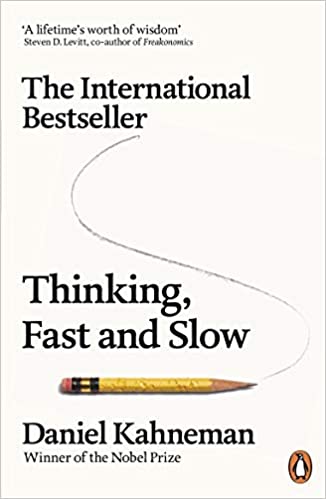Influence -Why it doesn’t work the way you think it should


Part 1/3: You’re back and yes… we are back. Long time no read! Happy Chinese New Year. Instead of giving you our readers $230 million in free red envelopes, we have decided to give you something even more valuable – a 3-part series on influence. You are most welcome 😊
Over the last year or so we have noticed a big increase in the number of requests around the topic of influence and communication.
Teams are increasingly coming together to share ideas, co-create and resolve problems in a faster ever-changing business world. Staff need to be able to get buy-in and move people they have never worked with or seen before. Sometimes these people can be in positions of higher authority. Not easy!
Influence, the ability to change or effect people’s behaviors, hearts and minds is no longer a nice to have but a MUST have.
Time to sit back now while we ask you a scenario question. Ready?
Imagine you need support from another team (some more junior, others more senior) to complete a critical task assigned by Global HQ. You set up a meeting explaining the project and the targets which need to be completed with a clear set of deadlines. The meeting went well (or so you thought) until you realized that two weeks later (deadline day) absolutely no-one has completed the task. What would you do?
The most common response to this scenario is to hold another meeting and explain in more detail the importance of the task. The logic at play here is that in order to convince I need to provide more evidence or data.
However, while we would like to think this, the truth is that most of the time our decisions are made on habit, emotions, impulses and simple gut instincts.
Here comes the science to support this. Behavioral economists have simplified decision making into two systems; System 1 and System 2.
System 1: Chimp/Gator
Acts unconsciously and automatically. It is fast, intuitive and acts on emotions or impulses.
System 2: Human/Judge
Slower, conscious and rational. This system is rational and more analytical
Researchers have estimated that System 1 may be responsible for up to 95% of our decisions and behavior. In other words, most of our decision-making is unconscious ( see Kahneman 2012)


Even if you think you are a numbers person you are still going to be strongly influenced by System 1- your chimp brain. The data presented more often than not will be used to justify an already made “fast” or “first responder” decision.
With this understanding of the natural go-to importance of the “Chimp/Gator” mind, it makes a lot more sense then to focus less on changing people’s minds and more on designing intentional influence strategies around peoples’ unconscious, emotional system first.
This is the experience of a Legal Counsel who after attending one of our influence programs was able to deploy a different strategy to move another team to action. It was also the experience of a sales team from another company who managed to increase sales on a product range by up to 55%, after months of presenting information with no results. Find out in Part 3 how this was done!
Issue takeaway: The bulk of our decision making is not calculated, careful and done weighing up all the data in front of us. Instead, System 1 or our Chimp brain often holds the keys in the decision-making process.
The above content is taken from our influencing skills programs. If you would like to see how our programs would positively support and drive change in your team and organization then please click here for more information including an outline. We would love to hear from you..
Interested in this topic? Two more books for you to read besides the one above to learn more:




